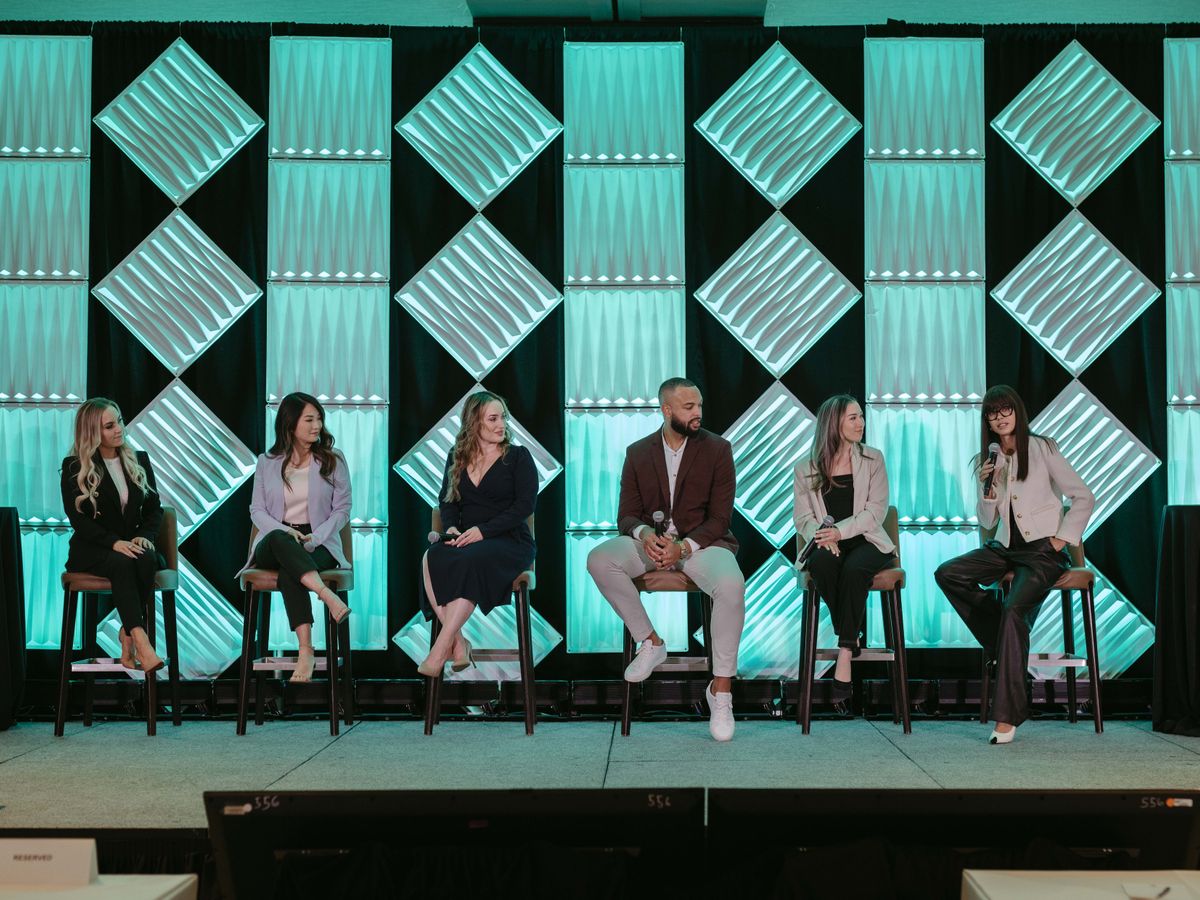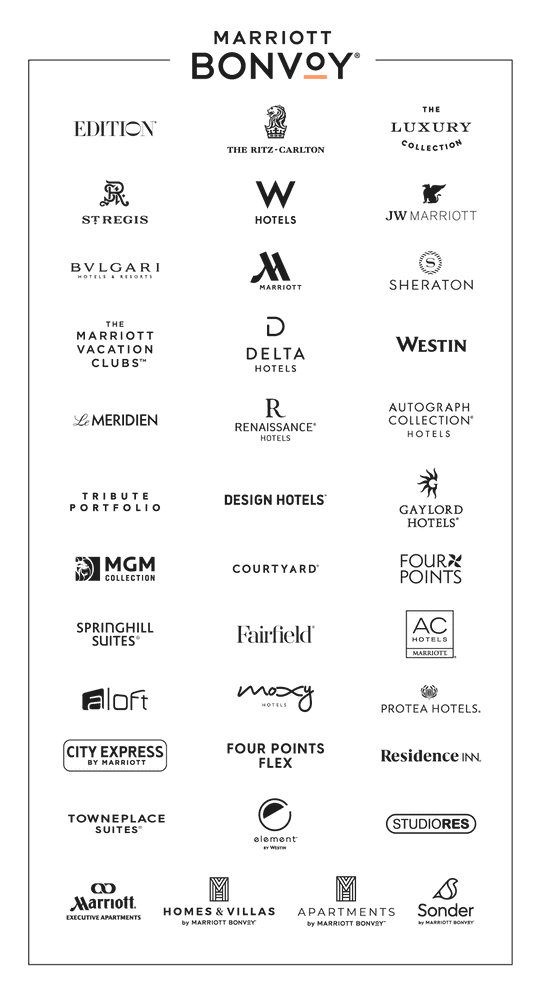Five Tips for Better Communication With Your Tech Team
Maybe you have a full-fledged production team; maybe you’re just working with the general email address at an event management app (and little else). No matter the size and scope of your technology support, your event’s success will soar if you’re better able to communicate with the tech and production experts who help bring your event to life.
Brandt Krueger, a veteran production manager in the meetings and events industry—and a communication specialist in his own right, as tech correspondent for Smart Meetings and host of Event Tech Podcast—shares his top tips for planners who want to communicate more effectively with tech teams.

1. Be Comfortable Asking Questions
Production teams don’t expect you to come in with their expert level of knowledge. But they do expect you to be able to communicate your needs, and asking questions is an integral part of that. It also helps ensure that you’re being understood correctly. Asking questions can help avoid misunderstandings down the road, and can help keep your budget on point too.
“If there’s a piece of gear on your bid and you don’t know what it is, you should absolutely ask about it,” Krueger says. “You can ask, ‘Is this something that we need?’” You don’t need to know every functionality of every piece of equipment on your production company’s bid. But you do need to know whether it’s necessary.
And if you’re getting resistance about your questions? “That’s a huge red flag to me,” Krueger says. “If they’re in any way cagey about it or come back at you with a bunch of technical mumbo-jumbo, they might be trying to take advantage of you or something along those lines. They should be able to explain every single piece of equipment and why you’re paying for it in a way that makes sense. Same with software. And if they can’t, maybe they’re not the right fit.”
2. Have Confidence in Your Core Skills
Remember one of the principal traits of successful meeting planners (that’s you): versatility. You’ve had to learn about catering, hospitality, programming, communications, executive priorities, and more. If you take a little time and learn the bare-bone basics of how your gear works, that will be enough to communicate with your tech teams.
Unsure about that? Look back at how your skills came into play in the biggest shakeup the meetings industry has ever seen. “Going into the pandemic, we had all these seasoned planners who were great at in-person events, and for some reason they thought their skill set didn’t apply to remote events,” Krueger says. “And it did apply. You have 20 years of evaluating vendors, you’ve got your own sniff tests, and you can apply all of those skills to when you’re choosing a virtual platform or an online vendor. It took some getting over that hump for planners to remember, ‘OK, I do have these skills.’” The same principle applies to event tech. You know more than you think you do.

3. Know What Needs to Happen—and Let Your Team Get You There
You’re the expert in what needs to happen for your event to be a success. Your production team members are the experts in actually making it happen. Starting from your mutual points of expertise can lead to stronger collaboration and less confusion.
Krueger has seen planners cut-and-paste equipment lists from other shows and hand them over to their team, thinking that they’re supplying useful information. “I would rather have a planner approach any event technology company with what they’re trying to do than with a cut-and-paste gear list that might not be what they actually need,” he says. “Most A/V people would rather know more about the show and then figure out how to make it happen.”
For example, if you’re discussing audio needs for a panel event, your production team needs to hear from you how many people will be sharing the stage, not your stab-in-the-dark guess at how the stage needs to be wired.
Take the time to walk your production through the entire course of the event and consider your needs at each point to avoid last-minute realizations that create A/V or tech emergencies. “Are we going to have music? That’s one audio output,” Krueger says. “Are we going to have video playback? That’s another. The technical terms would be stepping through your inputs and outputs. But for the layperson, you’re stepping through the things that need to go onscreen and the things that need to make noise.” Defining these beforehand instead of realizing 10 minutes before the event starts that you’ll need entry music will help you create the ambiance you’re after.
4. Use Your Own Words
One specific callout of letting your tech team be the tech experts: If you don’t speak their language, don’t try to fake it.
“I always tell planners, ‘You can speak in your terms,’” Krueger says. You might think you’re being helpful by using the language of the person you’re talking with. But unless you can say with confidence what the term you’re using actually means, you might wind up causing more confusion than communication.
And as the adage goes, a picture is worth a thousand words. If you’re communicating with a production team member remotely, take pictures or screenshots of what you’re looking at.
5. Share What You Know, When You Know It
Meeting planners are known for trying to make things as easy as possible on everyone else. Take care not to let that translate to holding back information that could help your production team better collaborate with you.
“Sometimes planners hold information too close to the vest—they’re like, ‘Well, it’s not set in stone, so I don’t want to give wrong information,’” Krueger says. “But we all know that things change between the RFP and the day of production. Don’t be afraid to give us what little information you have as early as possible, even if it’s possible that it’ll change.”
In fact, inviting your production team into your venue visits, or even the venue negotiation process, can help you anticipate your needs in areas that don’t appear to be technical at first. “Let us help you,” Krueger says. “Meeting planners are looking at the beautiful resort and the food and spas and amenities, so let us look at the power setup and the freight elevator. If you’ve got the most beautiful resort in the world but it takes you an hour to push from the loading dock to the ballroom, that’s something you’re going to need to know.”


The following brands do not participate in Marriott Bonvoy™ Events: Design Hotels, Marriott Executive Apartments, Residence Inn, TownePlace Suites, StudioRes by Marriott, Bulgari Hotels & Resorts, The St. Regis Residence Club, The Phoenician Residences, a Luxury Collection Residence Club, Scottsdale, The Ritz-Carlton Club, The Ritz-Carlton Yacht Collection, and Homes & Villas by Marriott Bonvoy. For a full list of participating and non-participating brands, please click here.